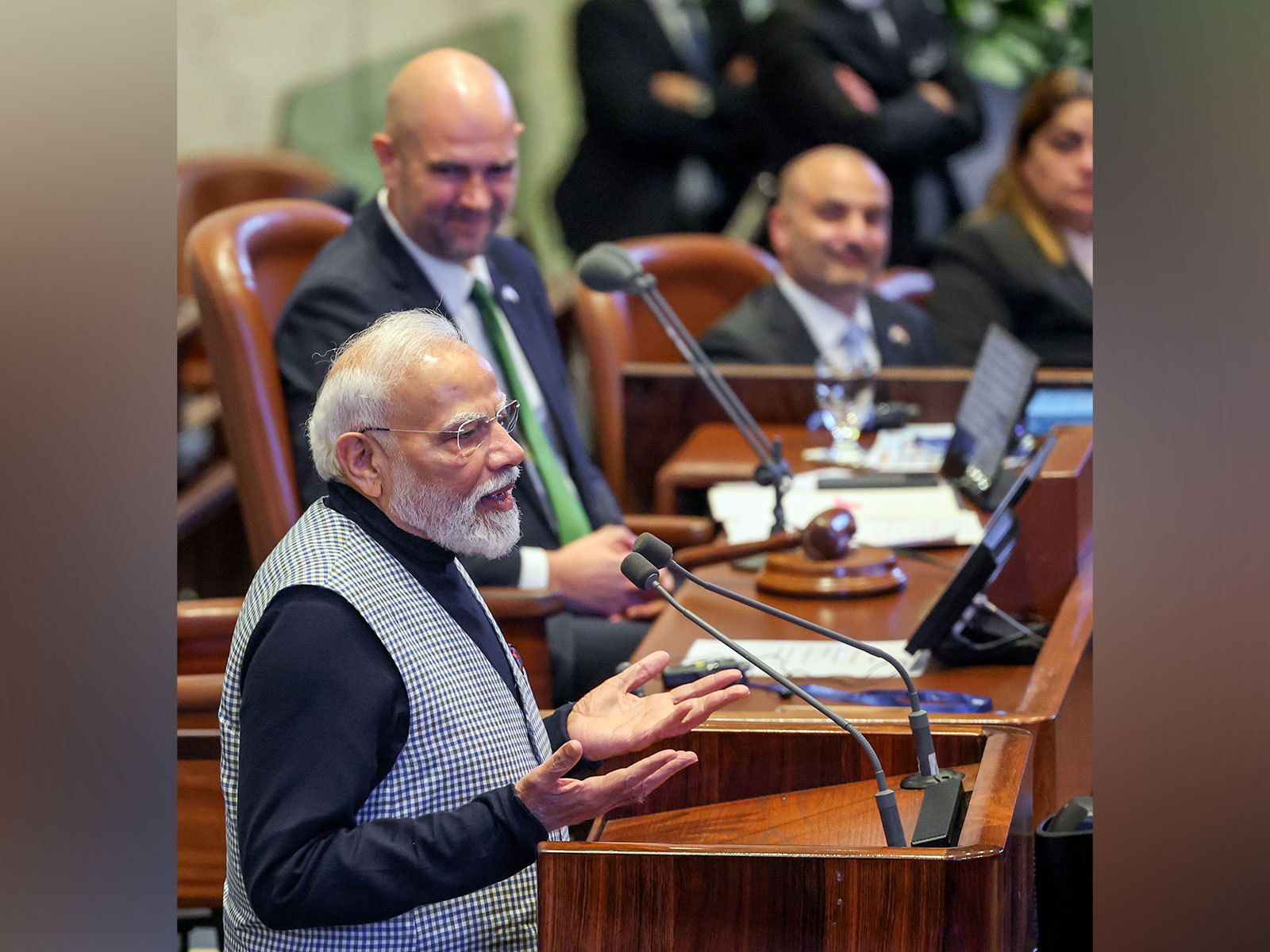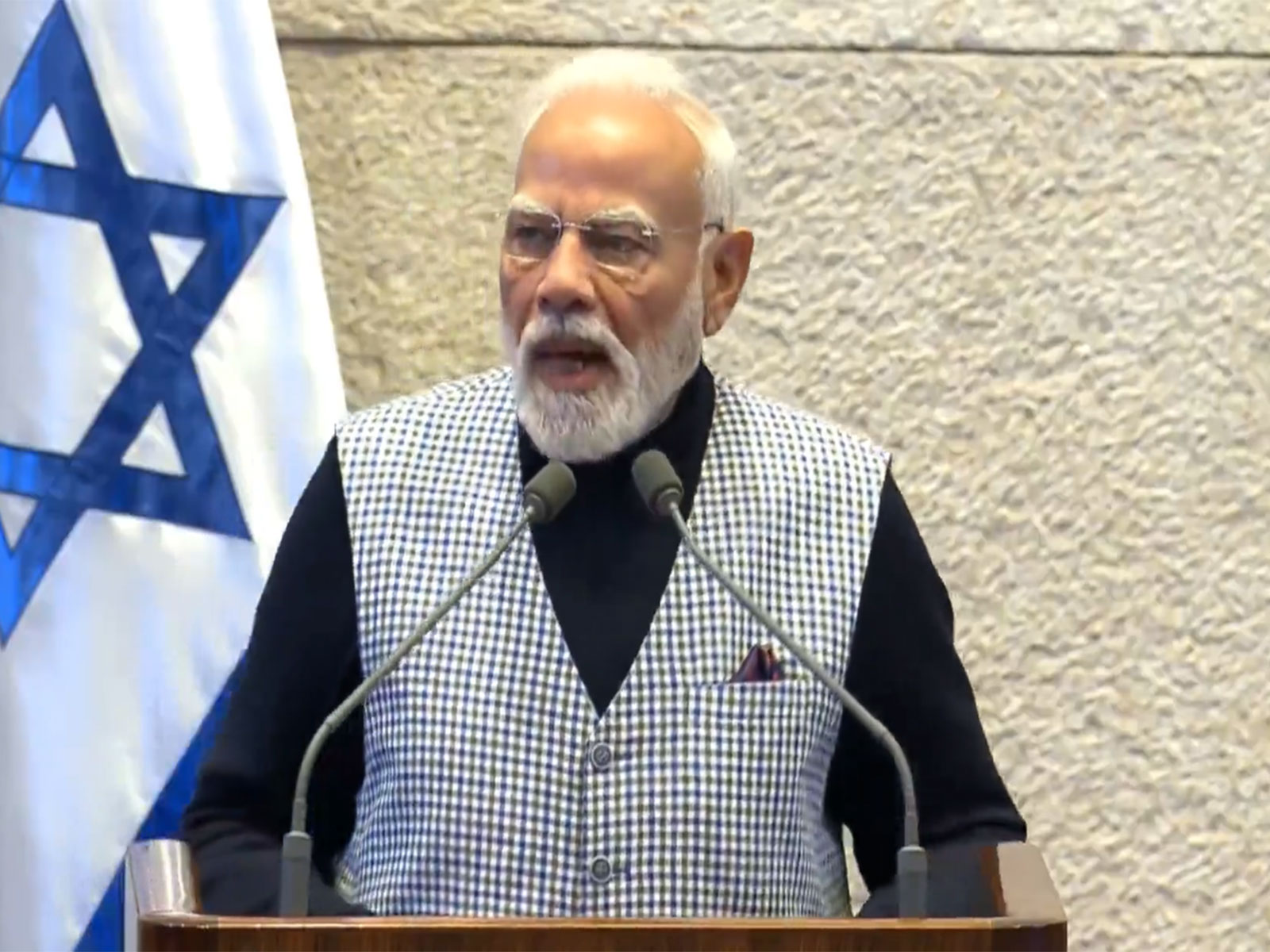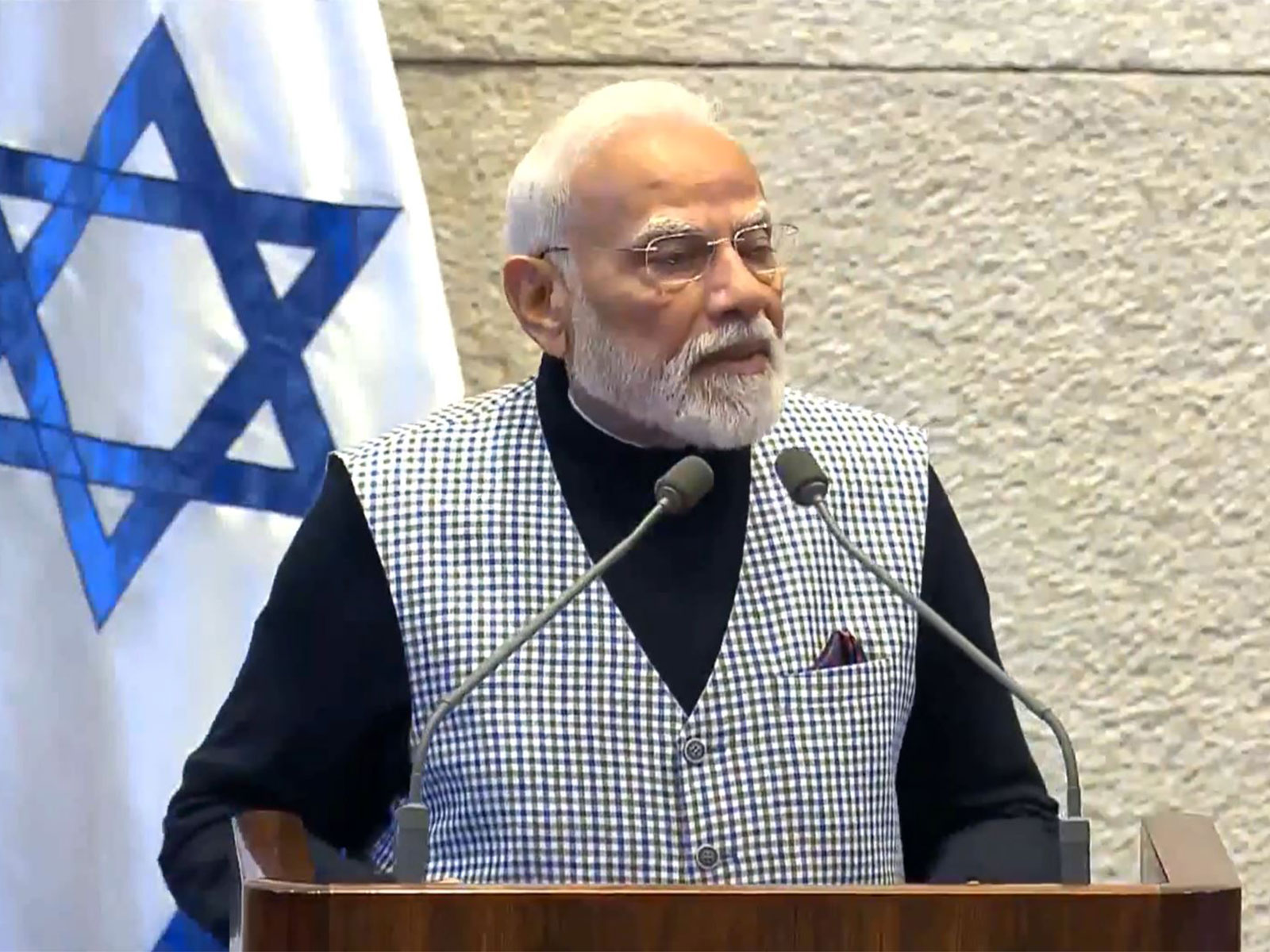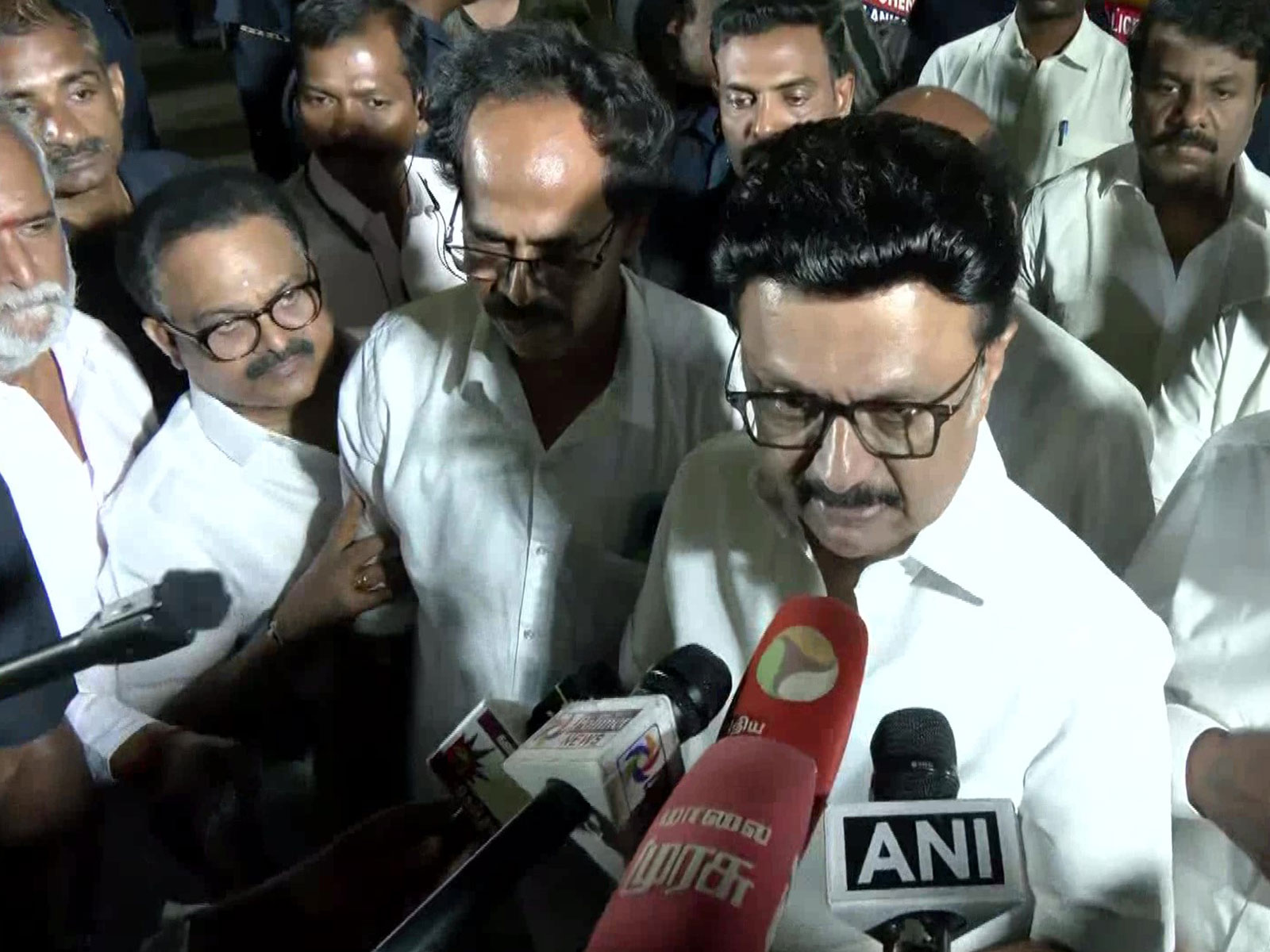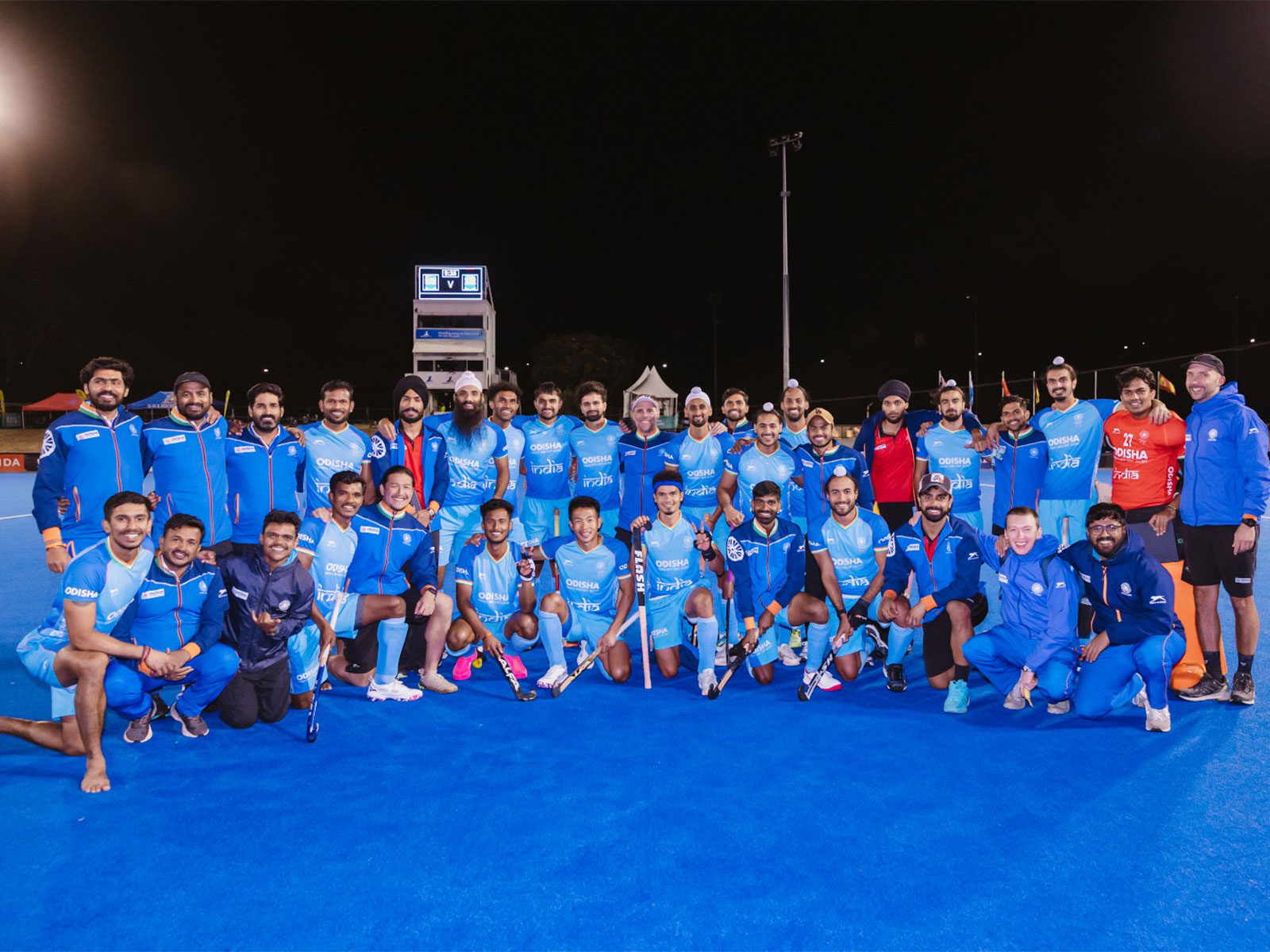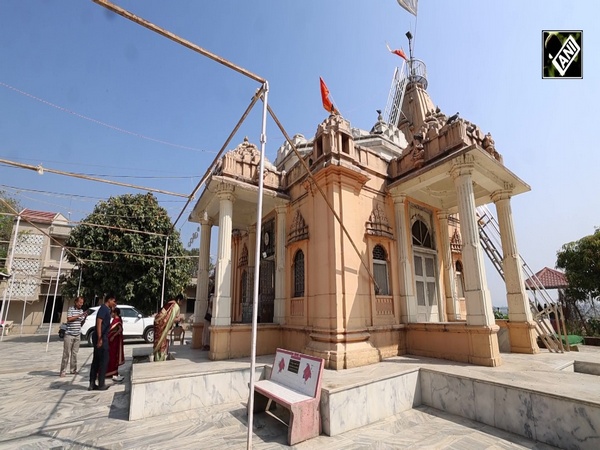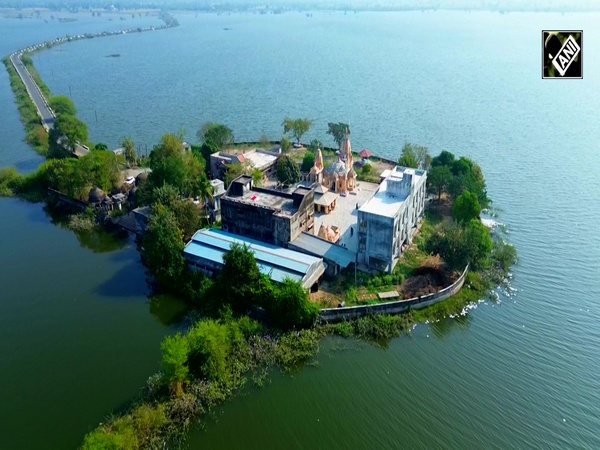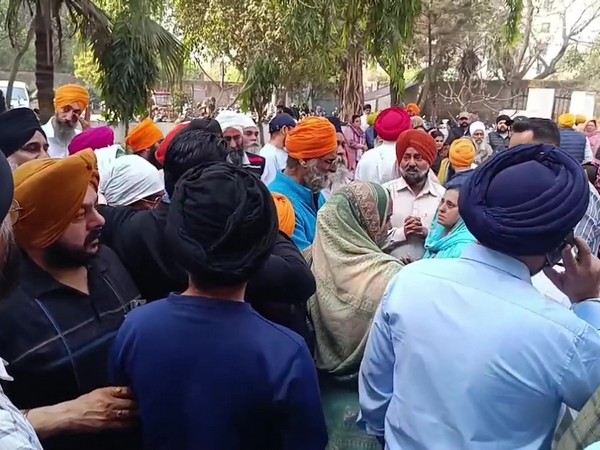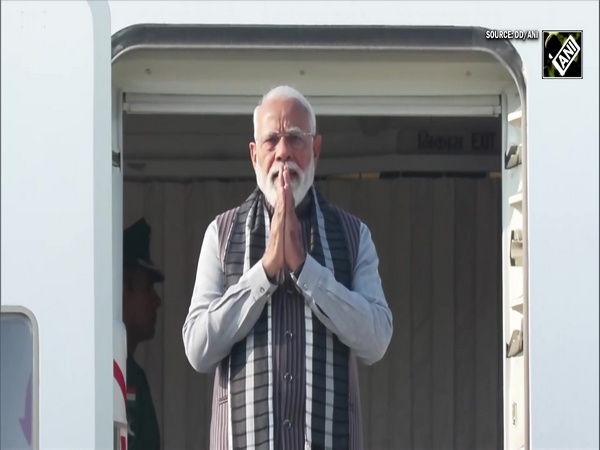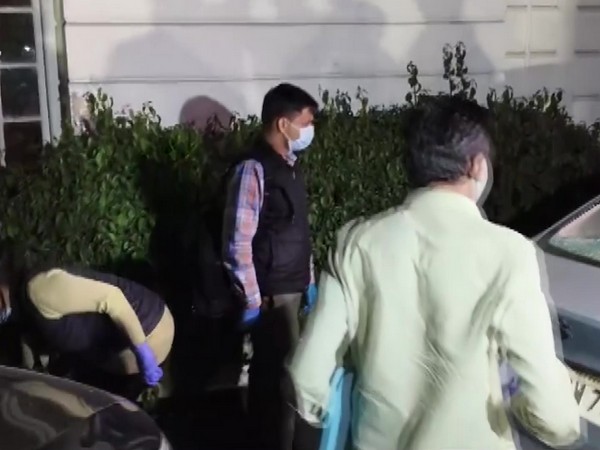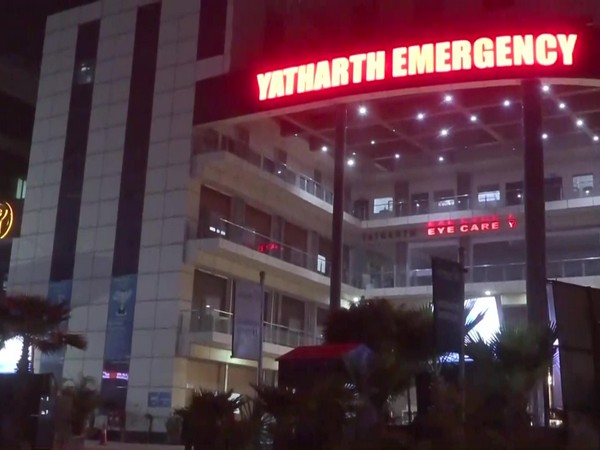Israel achieves record-breaking battlefield evacuation times in Gaza war
May 17, 2025

Tel Aviv [Israel], May 17 (ANI/TPS): The Israel Defence Forces reported on Thursday that its Medical Corps has achieved the fastest battlefield medical evacuation times ever recorded during an armed conflict.
According to data released by the IDF, wounded soldiers in Gaza are now being evacuated to hospitals in an average of just 51 minutes by helicopter and 61 minutes by ground, down from a 90-minute average during the 2014 war.
"This is the fastest recorded in any conflict worldwide," the IDF said.
Since Israel launched its ground war in Gaza, around 7,400 wounded personnel have been treated by the Medical Corps. Medical teams escort the injured from the battlefield through hospitalisation and rehabilitation, often while under fire. In one dramatic moment captured on a medic's helmet camera, a soldier can be heard saying, "I'm with you -- lead me to the injured. Take off your boots, take off everything... Battalion commander, we have five wounded, all conscious... Head injury--conscious. Two are lying down. Urgent evacuation needed."
The military attributed the breakthrough to sweeping reforms, new technologies, and an expanded force of frontline medics.
Where it once took 25 minutes to reach the wounded during the 2006 Second Lebanon War, medics now arrive within one to four minutes. These changes have halved the case fatality rate to 7.1 per cent, compared to 15 per cent in 2006, and led to a sixfold increase in survival among the critically injured compared to that war, and triple the survival rate seen in 2014.
Technology has played a central role in this evolution. The IDF is working on an automatic smart tourniquet and a drone designed to deliver refrigerated blood directly to the battlefield, with no convoy required. Developed with the Ground Forces' Technological Division and the Defence Ministry's research unit, the drone is expected to be operational this summer. Casualty tracking has also improved, with upgraded medical documentation systems that allow real-time updates and coordination between medics and command centres. One of the system's developers was himself wounded on October 7 and later returned to active service to manage the project.
Beyond the battlefield, RAM-2, a network of hospital-based medical support units for injured troops, was boosted. Some 1,300 soldiers are assigned to RAM-2, more than double the number before the war. Among career soldiers treated through RAM-2, roughly 80 per cent have returned to duty.
Mental health care has also expanded significantly. Since the war began, over 1,000 mental health officers have been deployed, with more than 80 field missions conducted inside Gaza and Lebanon to offer direct support to combat troops. The IDF recorded 21 suicides in 2024, up from 17 in 2023. While the increase mirrors the rise in personnel, officials have responded with new initiatives, including a mental health hotline and proactive outreach to thousands of soldiers.
A dedicated PTSD clinic called Tatzumot has treated 800 personnel, 90 per cent of them combat soldiers. Of those treated in the Combat Reaction Unit, 85 per cent have returned to duty. Meanwhile, general healthcare services for soldiers have scaled dramatically. Since the war's outbreak, the rate of PTSD has tripled among Israeli soldiers.
To streamline care, the IDF has upgraded its medical app, introduced AI-powered tools, and is developing an online health centre for remote services. A new partnership with Maccabi Healthcare Services will soon allow soldiers to access lab services at over 400 civilian locations. Wait times for specialists have dropped 20 per cent since 2023. Agreements with pharmacy chains have also improved prescription access.
At least 1,180 people were killed, and 252 Israelis and foreigners were taken hostage in Hamas's attacks on Israeli communities near the Gaza border on October 7. Of the 58 remaining hostages, 36 are believed to be dead. (ANI/TPS)
